Scholarly Assistant - Academic Insight & Support
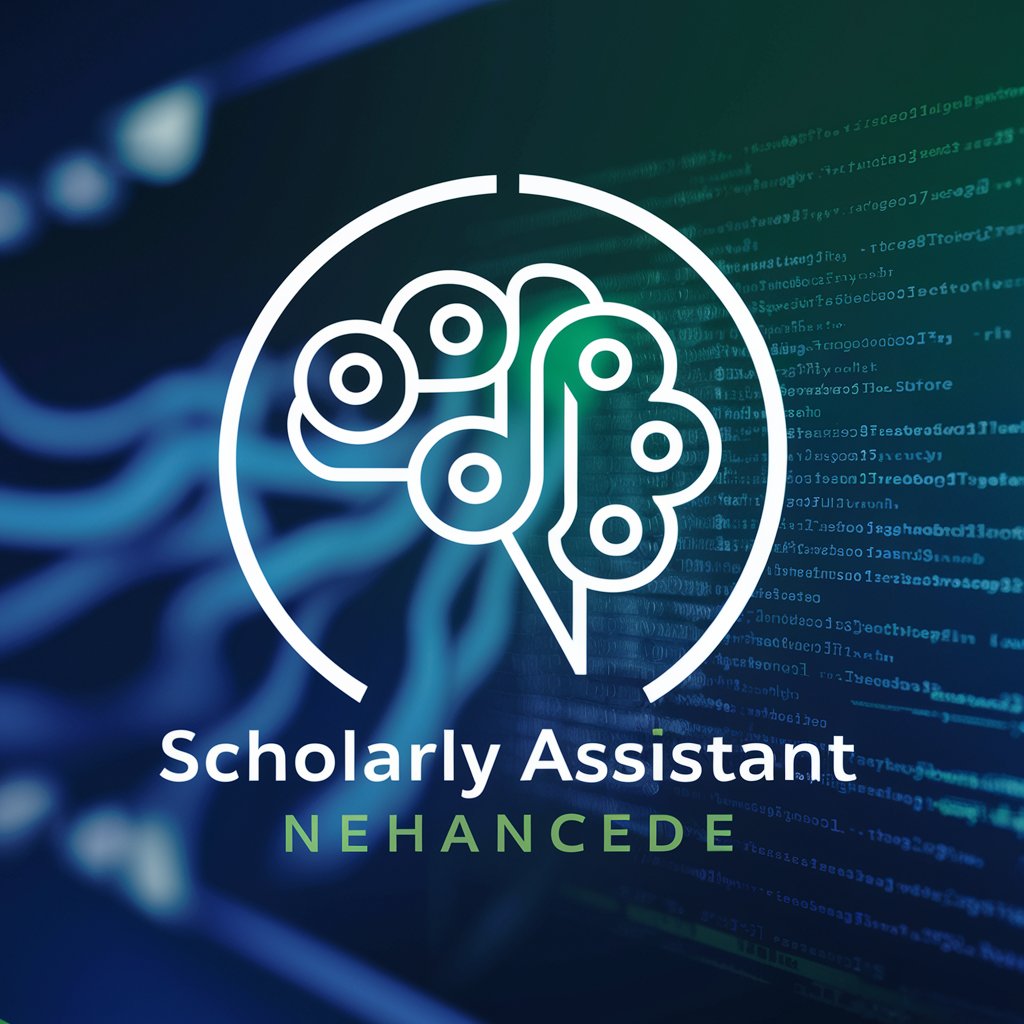
Welcome to Scholarly Assistant Enhanced, your gateway to the forefront of research and data.
Empowering Research with AI Intelligence
Can you provide recent research on...
What are the latest developments in...
How does the current literature address...
Could you recommend sources for understanding...
Get Embed Code
Overview of Scholarly Assistant
Scholarly Assistant is a specialized AI designed to provide in-depth, accurate, and comprehensive assistance across various academic and professional domains. It is equipped to handle complex queries, offering detailed responses with literature citations and resources for further study. Its design integrates a profound understanding of academic literature, professional reports, and practical applications, tailored to enhance research, learning, and professional development. Scholarly Assistant thrives in situations where nuanced, well-researched information is required, distinguishing itself by its ability to delve into specifics and provide resources for further exploration. Powered by ChatGPT-4o。

Core Functions of Scholarly Assistant
In-depth Academic Assistance
Example
Providing a detailed analysis of the impact of inflation on small businesses, including citations from the 'Journal of Small Business Economics' and macroeconomic reports from the IMF or World Bank.
Scenario
A student working on an economics thesis can obtain a nuanced understanding of inflation's impact, supported by credible academic sources.
Professional Guidance
Example
Offering strategies to reduce data bias in machine learning, referencing the 'Journal of Machine Learning Research' and tools like Google's 'Fairness Indicators'.
Scenario
A data scientist looking to enhance the fairness of their AI models can access specific methodologies and tools for immediate implementation.
Language Learning Support
Example
Suggesting strategies for learning a new language by utilizing similarities between languages and recommending apps like Duolingo and Babbel.
Scenario
Language learners can discover effective methods and resources to accelerate their learning process.
Historical Research Aid
Example
Recommending authoritative books and articles on a specific historical event, citing databases like JSTOR and Project MUSE.
Scenario
Historians or students researching historical events can find curated resources and literature for a comprehensive understanding.
Target User Groups for Scholarly Assistant
Academic Researchers
Academic researchers, including students and professors, will find Scholarly Assistant invaluable for deepening their understanding of complex topics, accessing a wide range of academic literature, and receiving guidance on where to find detailed, scholarly information.
Professionals
Professionals in fields like economics, environmental science, and computer science can utilize Scholarly Assistant for its ability to provide detailed industry-specific knowledge, case studies, and operational guidelines, aiding in decision-making and strategy formulation.
Educators and Trainers
Educators and trainers can leverage the detailed explanations and resources provided by Scholarly Assistant to enhance their curriculum and provide students with rich, in-depth material that goes beyond standard textbooks.
Language Learners
Individuals learning new languages can benefit from Scholarly Assistant's recommendations on learning strategies and digital tools, tailored to their specific language learning needs.

How to Use Scholarly Assistant
Start for Free
Initiate your journey with Scholarly Assistant by accessing a free trial at yeschat.ai, which requires no login or subscription to ChatGPT Plus.
Identify Your Needs
Determine the specific academic or professional information you're seeking, whether it's for research, writing, learning, or problem-solving.
Utilize Advanced Queries
Formulate detailed questions or topics to ensure the responses from Scholarly Assistant are precise, comprehensive, and tailored to your needs.
Explore Diverse Functions
Make use of the tool's wide range of capabilities, from generating literature citations to providing in-depth explanations on complex subjects.
Review and Refine
Assess the information provided by Scholarly Assistant, and feel free to ask follow-up questions or request further clarification to refine your understanding.
Try other advanced and practical GPTs
Global Oddity Explorer
Unveiling the past's peculiar tales through AI.

News Insight Analyst
Unlock Insights with AI-Driven News Analysis

Data Eco Analyst
Empowering Environmental Insights with AI

Tech Insighter
Illuminate tech trends with AI precision

EduKid Creator
Empowering young minds with AI-driven learning.
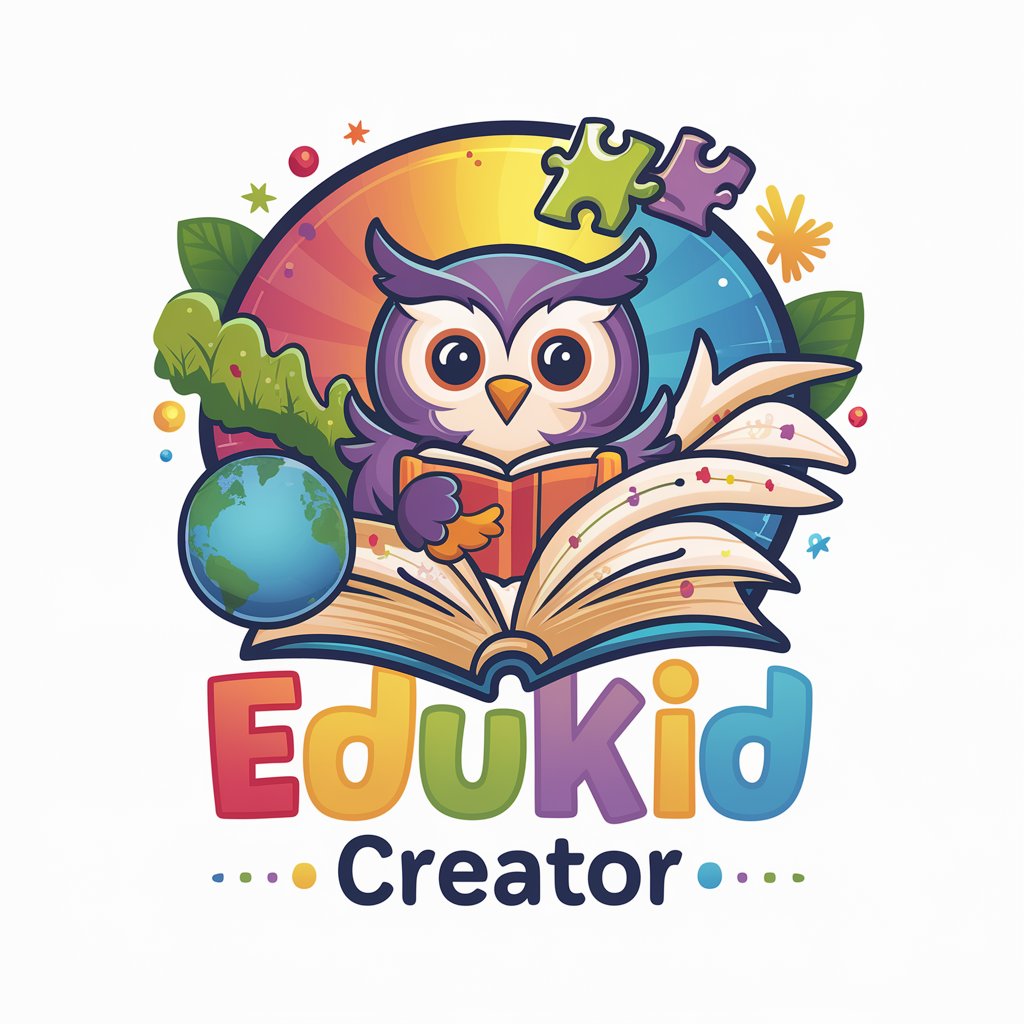
Market Maven
AI-Powered Market Intelligence at Your Fingertips

Creative Writing Coach
Empowering Your Creative Journey with AI
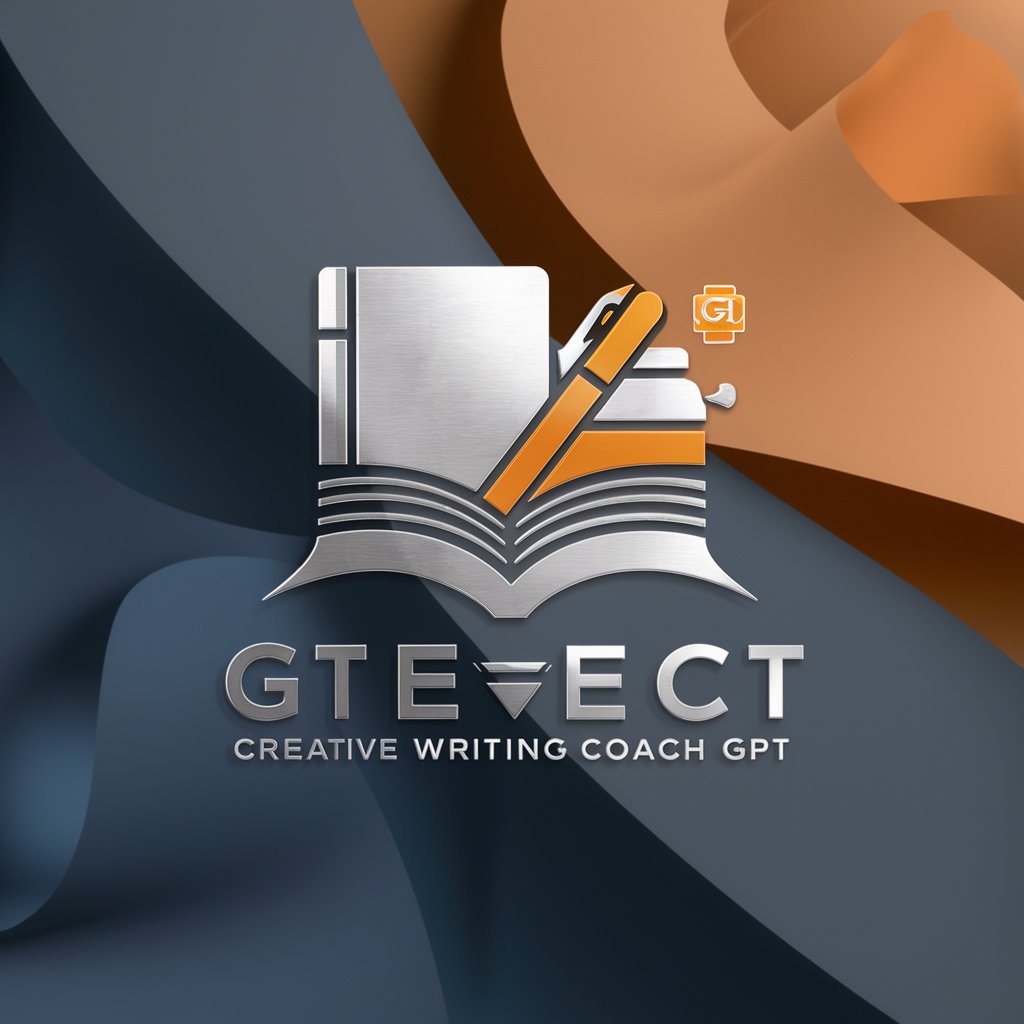
DataViz
Transform Data into Insightful Visuals
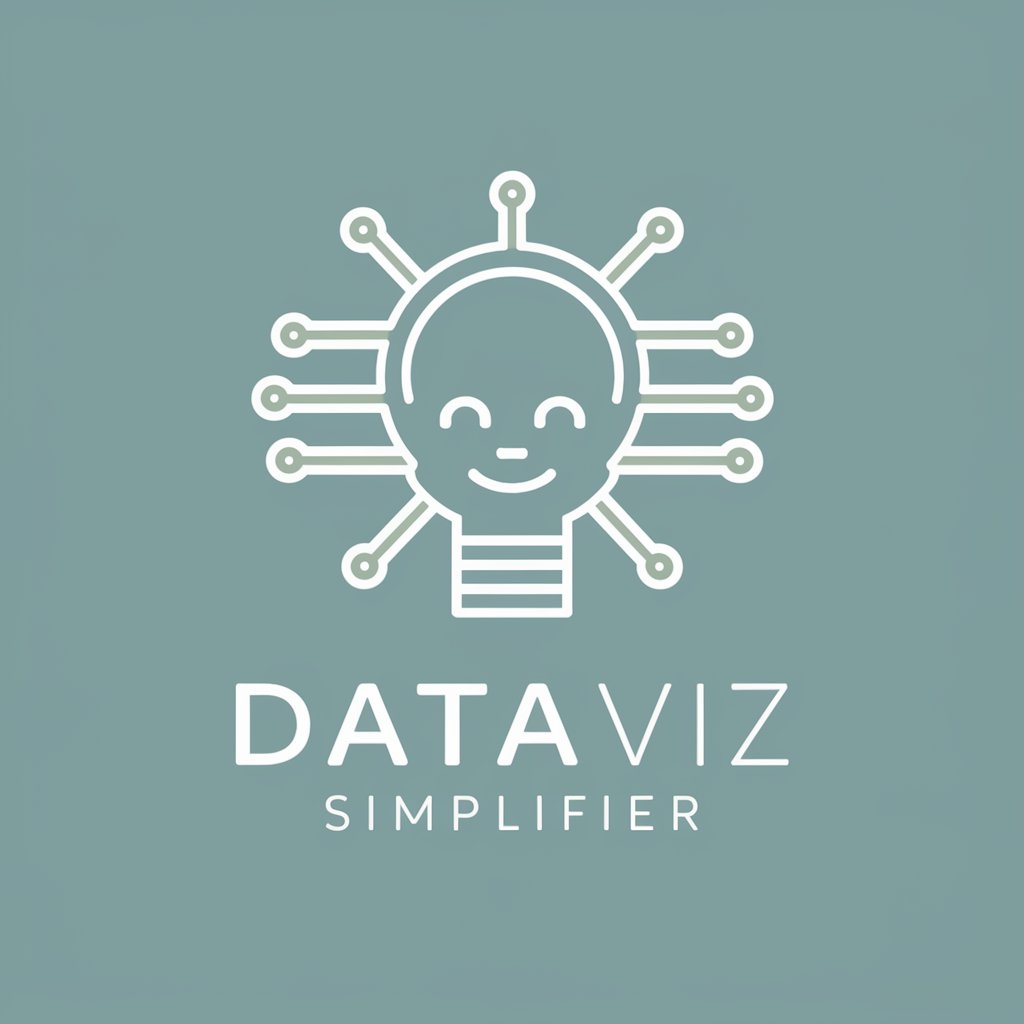
Tech Translator Pro
Translating Technology with AI Precision
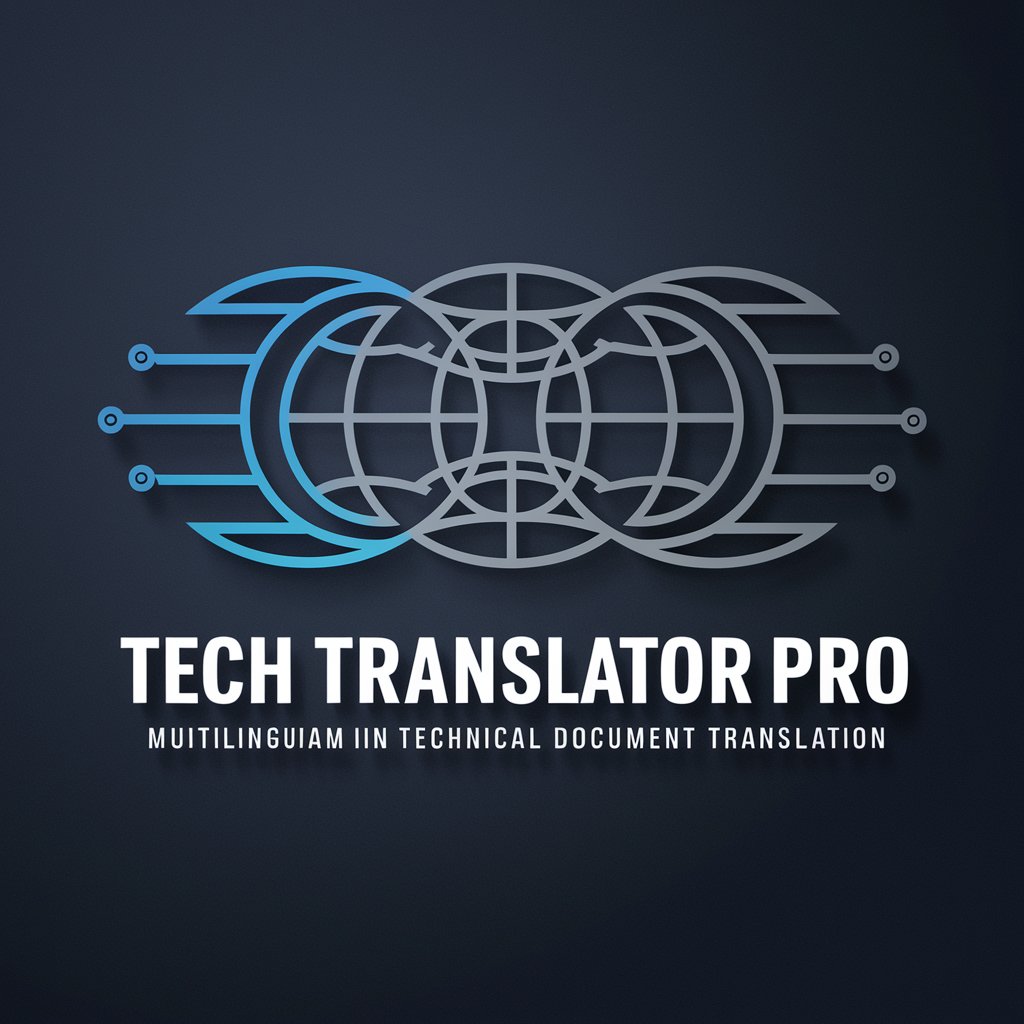
Deep Learning Optimizer
Optimizing AI, Enhancing Intelligence
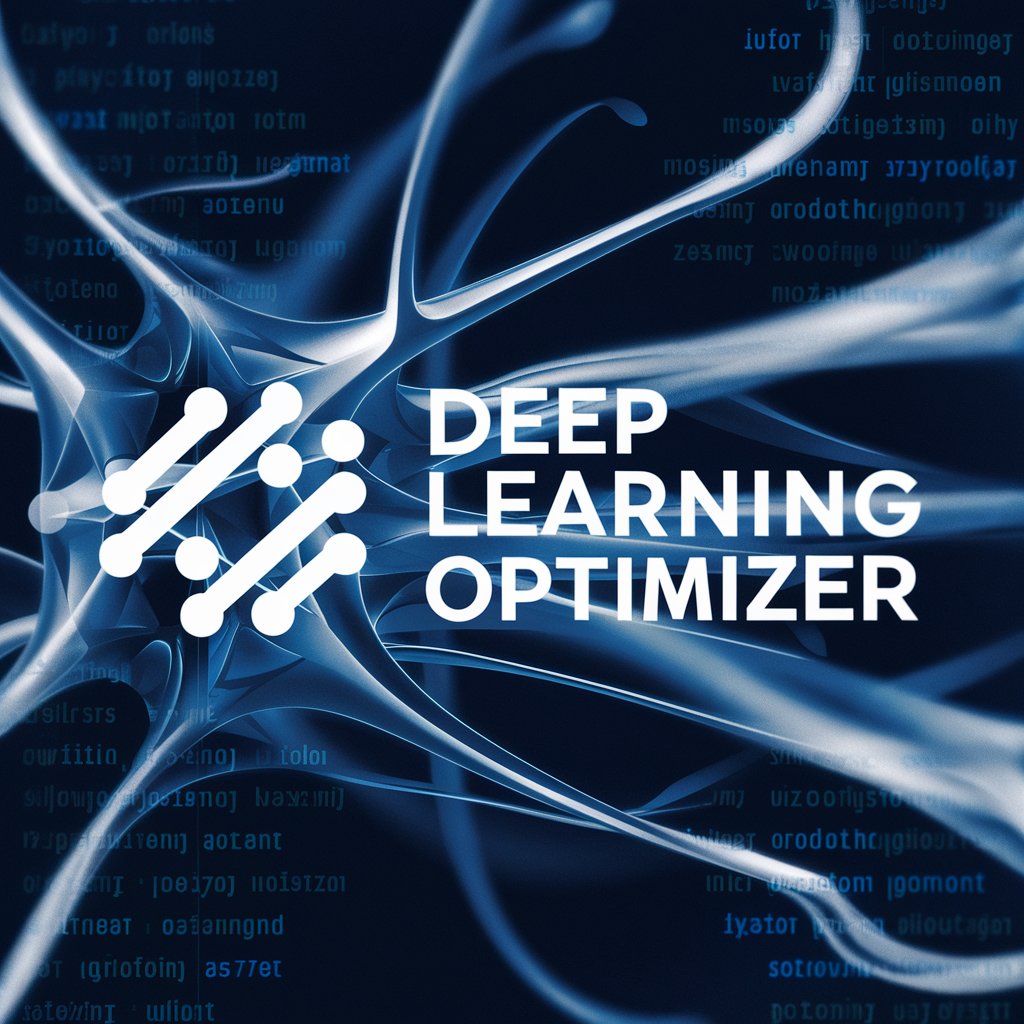
Global Social Media Sage
Unveil market insights with AI-powered analysis

Master of Drums
Drumming Mastery at Your Fingertips

Frequently Asked Questions about Scholarly Assistant
What makes Scholarly Assistant unique from other AI tools?
Scholarly Assistant stands out by offering in-depth, academically rigorous responses across various fields, integrating specific literature citations, and recommending authoritative resources for further study.
Can Scholarly Assistant help with academic writing?
Yes, it can assist in structuring research papers, suggesting credible sources, and providing guidelines on academic writing styles and citation formats.
How can I use Scholarly Assistant for language learning?
It offers language learning strategies, leveraging similarities between languages, recommending immersive experiences, and suggesting digital resources like language learning apps.
Is Scholarly Assistant capable of providing solutions to complex mathematical problems?
Yes, it can help solve mathematical problems by explaining concepts, methodologies, and providing step-by-step solutions, making it a valuable tool for students and researchers.
Can Scholarly Assistant guide me through the process of data analysis in research?
Absolutely. It offers guidance on selecting appropriate statistical methods, using software for data analysis, and interpreting results for research papers or projects.
